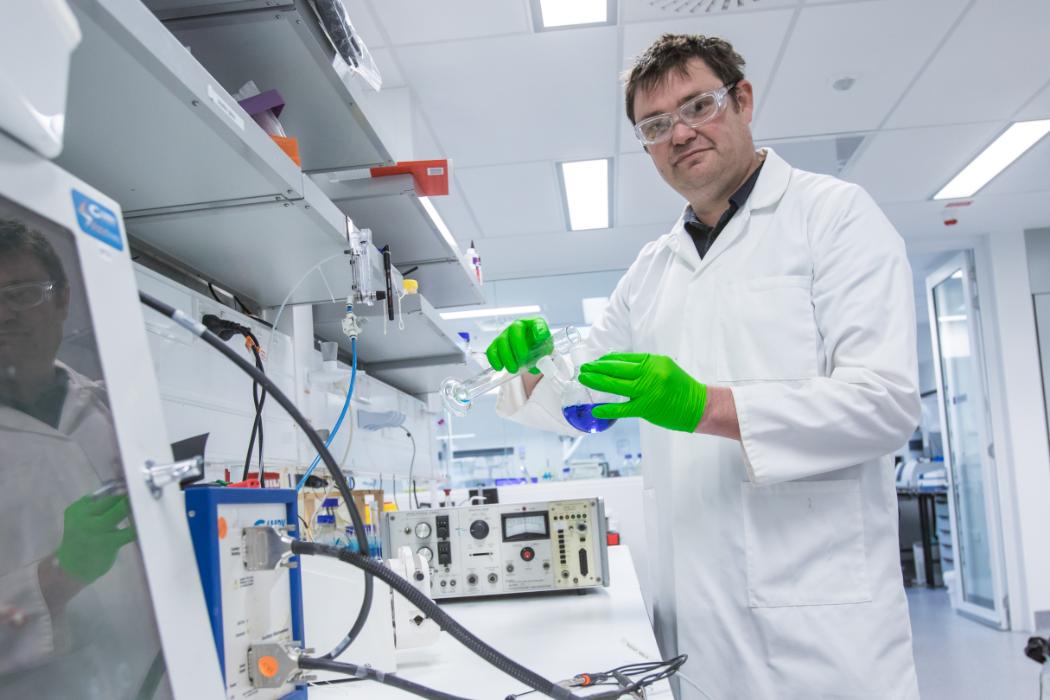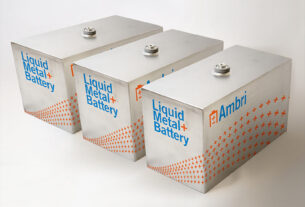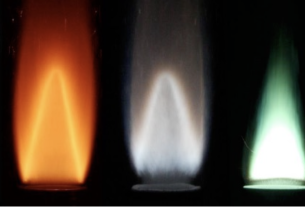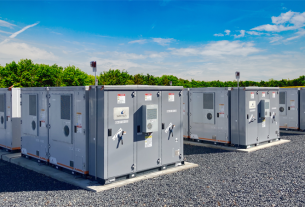New Zealand – The University of Canterbury’s (UC) research on the electrodes used in flow batteries has the potential to assist produce cheaper, longer-lasting batteries for more renewable energy storage.
Associate Professor Aaron Marshall from the Department of Chemical and Process Engineering is focusing his research on flow battery technology. This is designed to store large amounts of energy for long times under safe conditions. “Most lithium-ion batteries only work for a few thousand cycles before they need to be replaced. Recycling these batteries is complex. However, flow batteries can run for at least 20,000 cycles and are also very easy to recycle.”
The next stage
The project’s next step is to use atomic computer modeling to determine which catalysts can speed up the reactions. It would then synthesize these materials and employ them in the batteries. These batteries, like Tesla’s Victorian Big Battery in South Australia, would be employed on a grid scale.
“This is a significant new export opportunity for New Zealand, with lower flow battery costs meaning more renewable energy and better environment outcomes. Cheaper batteries will be key to reaching our country’s climate change targets,” says Professor Marshall.




